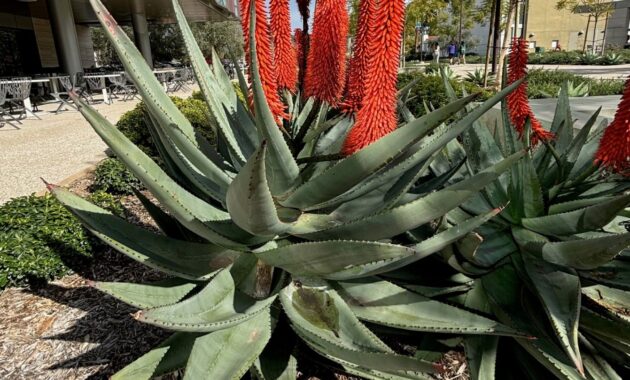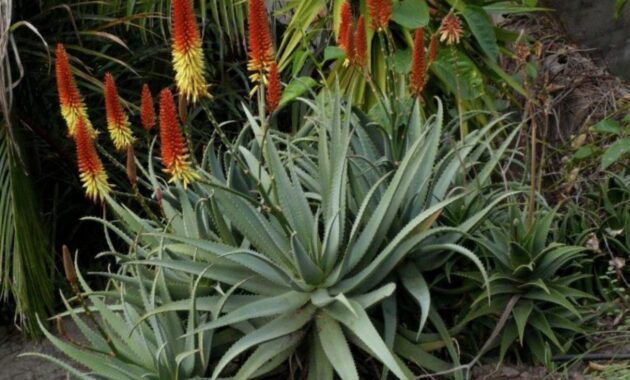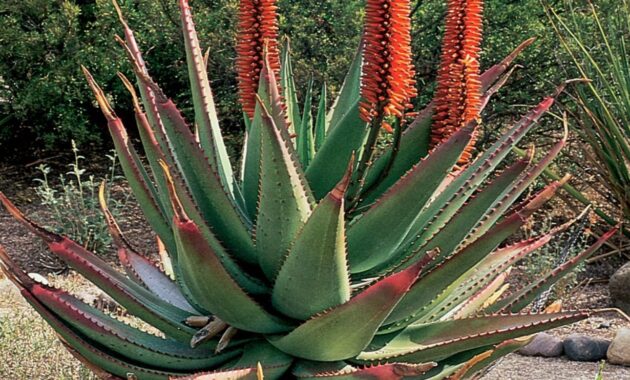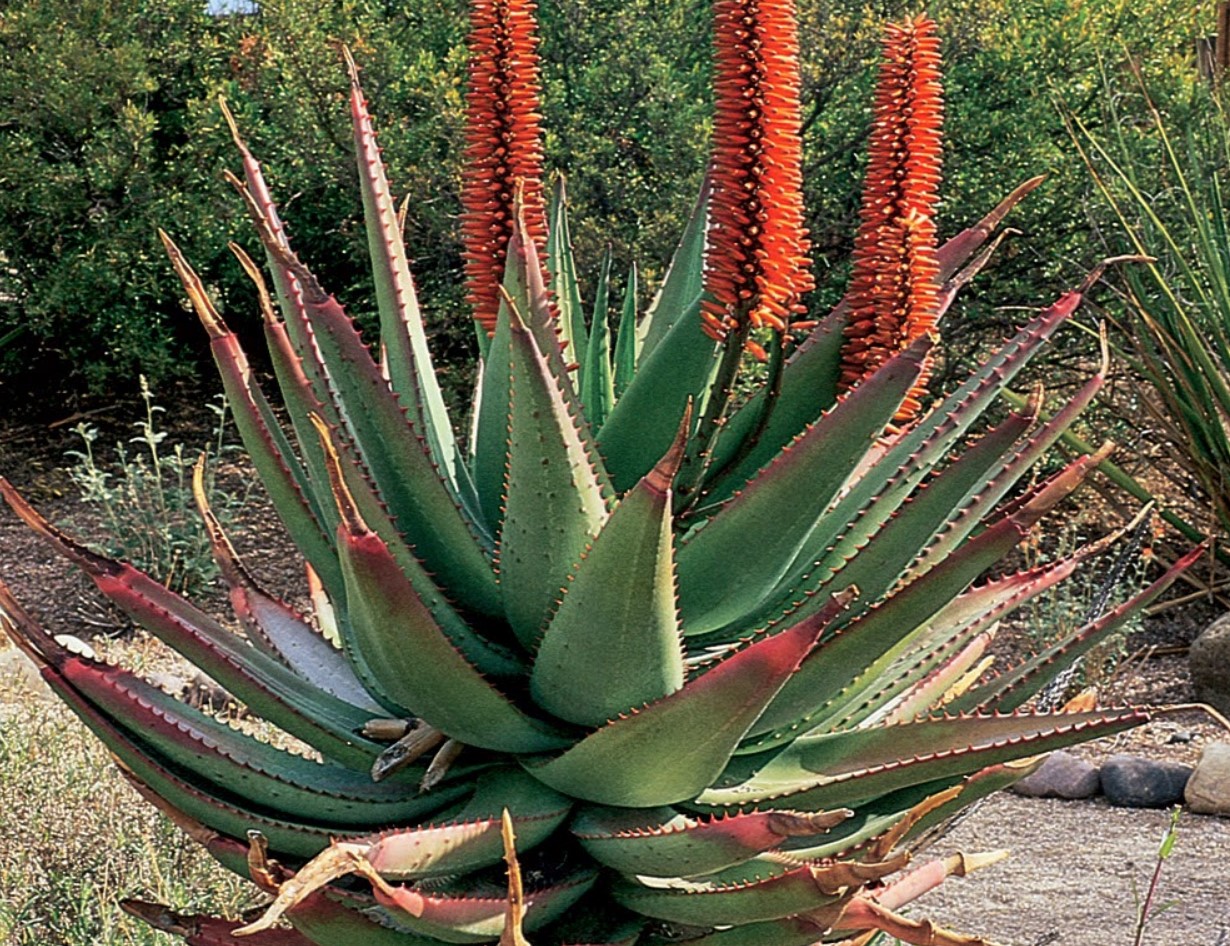
What is Cape Aloe?
Cape Aloe, scientifically known as Aloe ferox, is a succulent plant native to South Africa. Renowned for its medicinal properties, it has been used for centuries in traditional medicine. Its distinctive appearance, with its spiky leaves and vibrant orange flowers, makes it a popular choice for both indoor and outdoor gardens.
Cape Aloe Medicinal Uses
The medicinal properties of Cape Aloe are primarily derived from its gel and latex. The gel, the clear, inner part of the leaf, is rich in vitamins, minerals, and antioxidants. It has been used to treat a variety of ailments, including:
- Skin conditions: Cape Aloe gel can soothe sunburns, minor cuts, and irritations. Its anti-inflammatory properties can help reduce redness and swelling.
- Digestive issues: The gel can help alleviate constipation and irritable bowel syndrome. It can also promote healthy digestion and reduce inflammation in the digestive tract.
- Immune system support: Cape Aloe gel can boost the immune system and help fight off infections.
- Pain relief: The gel can be applied topically to relieve pain from arthritis, muscle aches, and joint pain.
Cape Aloe Skincare
Cape Aloe is a popular ingredient in many skincare products. Its gel can be used to hydrate the skin, reduce wrinkles, and improve skin tone. It can also help to soothe acne and other skin conditions.
Cape Aloe Plant Care
Cape Aloe is a relatively low-maintenance plant. Here are some tips for caring for your Cape Aloe plant:
- Sunlight: Cape Aloe thrives in bright, indirect sunlight.
- Watering: Water your Cape Aloe sparingly, allowing the soil to dry out completely between waterings. Overwatering can lead to root rot.
- Soil: Use a well-draining cactus or succulent potting mix.
- Fertilizing: Fertilize your Cape Aloe once a month during the growing season with a balanced liquid fertilizer.
- Repotting: Repot your Cape Aloe every two to three years, or when it becomes root-bound.

Cape Aloe Vera vs. Aloe Vera
While Cape Aloe and Aloe Vera are both members of the Aloe genus, they have distinct differences. Cape Aloe has thicker, more spiky leaves and a more bitter taste. It is also generally considered to be more potent than Aloe Vera.
Growing Cape Aloe Indoors
Cape Aloe can be grown indoors in a sunny location. Make sure to use a well-draining potting mix and water sparingly. You can also propagate your Cape Aloe by cutting off a leaf and allowing it to dry and callus before planting it in soil.
Cape Aloe Health Benefits
In addition to its topical uses, Cape Aloe has several potential health benefits when consumed orally. It may help to:
- Boost the immune system
- Improve digestion
- Reduce inflammation
- Lower blood sugar levels
- Promote weight loss
Cape Aloe Juice Uses
Cape Aloe juice can be consumed directly or added to smoothies, juices, or other drinks. It is important to dilute the juice before drinking it, as it can be quite bitter.
Cape Aloe for Burns
Cape Aloe gel can be applied directly to minor burns to soothe the skin and promote healing. It can help to reduce pain, swelling, and blistering.
Cape Aloe Plant Medicinal Properties
The medicinal properties of Cape Aloe are primarily derived from its active compounds, including aloin, anthraquinones, and polysaccharides. These compounds have antioxidant, anti-inflammatory, and antimicrobial properties.
Cape Aloe Gel Uses
Cape Aloe gel can be used for a variety of purposes, including:
- Moisturizing the skin
- Soothe sunburns
- Treat acne
- Reduce inflammation
- Promote wound healing
Cape Aloe for Digestion
Cape Aloe can help to improve digestion by stimulating the intestines and promoting bowel movements. It can also help to relieve constipation and irritable bowel syndrome.
Cape Aloe Plant in Landscaping
Cape Aloe is a popular ornamental plant that can be used in landscaping. Its spiky leaves and vibrant flowers can add a unique touch to any garden. It is drought-tolerant and low-maintenance, making it a great choice for xeriscaping.
Cape Aloe Anti-inflammatory Properties
Cape Aloe has strong anti-inflammatory properties that can help to reduce pain and swelling. It can be used to treat a variety of inflammatory conditions, including arthritis, muscle aches, and joint pain.

Cape Aloe Species Information
There are several species of Cape Aloe, including Aloe ferox, Aloe arborescens, and Aloe marlothii. Aloe ferox is the most commonly used species for medicinal purposes.
Conclusion
Cape Aloe is a versatile plant with a wide range of benefits. Whether you are looking to improve your skin health, boost your immune system, or simply add a beautiful plant to your home, Cape Aloe is an excellent choice.
FAQs
- Is Cape Aloe safe to consume?
Cape Aloe is generally safe for most people when consumed in moderation. However, it is important to consult with a healthcare professional before using Cape Aloe, especially if you are pregnant, breastfeeding, or have any underlying health conditions. - How often can I apply Cape Aloe gel to my skin?
You can apply Cape Aloe gel to your skin as needed. However, it is important to avoid overusing it, as this can lead to skin irritation. - Can I use Cape Aloe gel on my face?
Yes, Cape Aloe gel can be used on your face. It can help to hydrate your skin, reduce wrinkles, and improve skin tone. - Can I grow Cape Aloe outdoors in a cold climate?
Cape Aloe is a tropical plant and cannot tolerate freezing temperatures. If you live in a cold climate, you will need to grow your Cape Aloe indoors or in a greenhouse. - What are the side effects of using Cape Aloe?
Side effects of using Cape Aloe are rare, but may include skin irritation, diarrhea, and abdominal cramps. If you experience any adverse effects, stop using Cape Aloe and consult with a healthcare professional.



